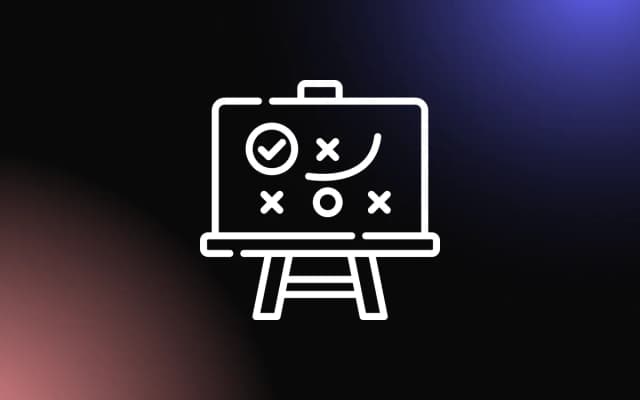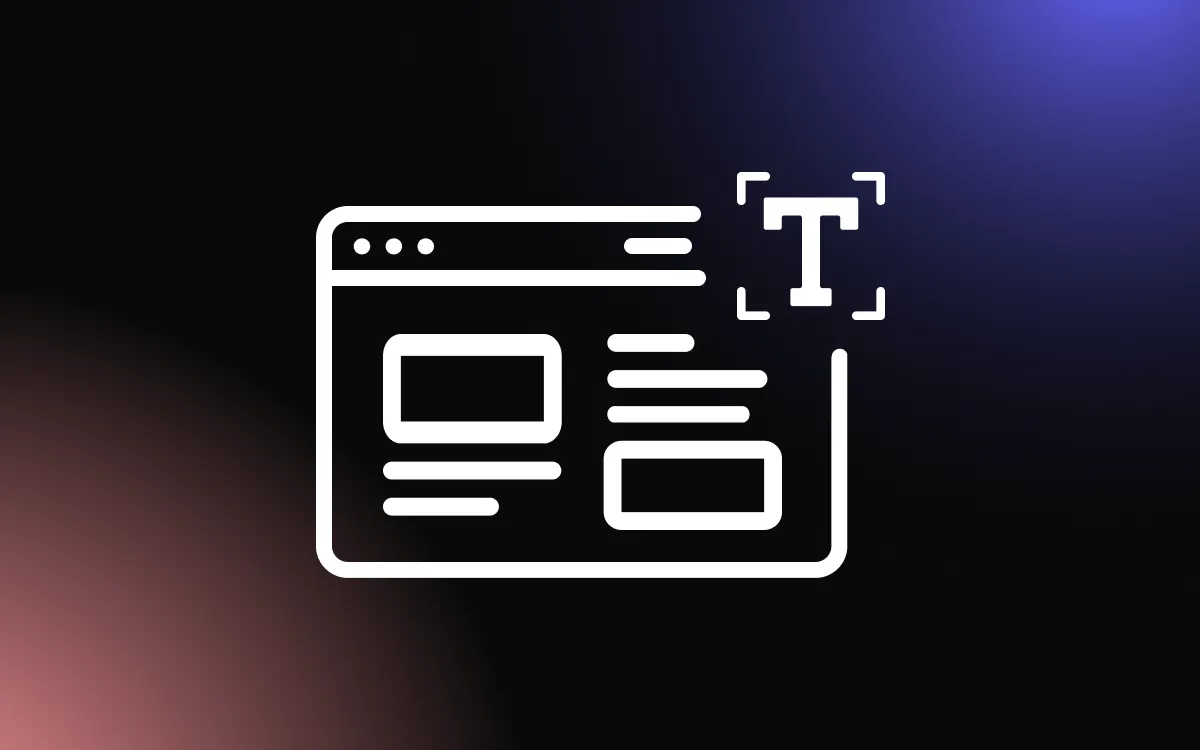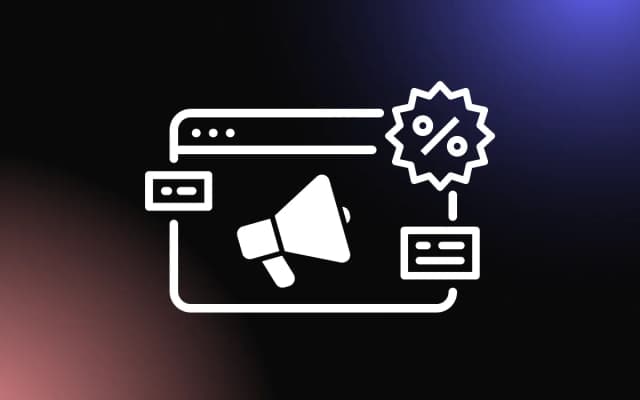
You’ve spent a lot of time and put a lot of effort into creating a plugin, widget, or app for people to use on their website. Now that your digital product has come to fruition, it’s time to start monetizing it! But, where do you begin, and what do you need to know before you start selling?
Below, we’ll discuss everything you need to know about monetizing a digital product. This includes everything you should consider beforehand, such as where to sell it and how much to charge. Then, we will highlight additional ways to increase your app’s revenue so it remains a profitable venture for years to come.
Ready To Develop & Monetize Apps? Why Not Hone Your Skills Further With These Amazing React Courses!
Things To Consider Before
There are a few things to take into consideration before you begin monetizing your app, plugin, or widget. You already know what kind of product you’ll be selling, and you likely have a business model in mind. Now, you need to think about how you will price and market your digital product, as well as the distribution method you want to use.
Where to Sell
Before you can start selling your app, consider how you’d like to host it. As far as platforms go, you have three different options:
- Marketplace
- Self-Hosted
- Managed SaaS
The biggest factors in your decision will likely be the time and resources you have for marketing, as well as how much money you want to make from selling your app. Let’s discuss what each option entails.
Marketplaces
There are many online marketplaces for apps, plugins, and widgets. Some of these include:
- Common Ninja
- Wix
- Shopify
- WordPress
- BigCommerce
You can submit your app or plugin to the marketplace’s public listings, where customers will be able to purchase and install it.
Many first-time developers have the best luck selling their apps through a marketplace. They handle all the sales and fulfillment aspects for you, and most even offer built-in marketing opportunities! Customers will be able to leave a review of your product after their purchase, and highly-rated apps and plugins will be listed higher in the search results.
** Note: Common Ninja allows you to develop an app once and launch it anywhere. Not only that, but Common Ninja also takes care of marketing the app for you.
Self-Hosted
If you want to keep all the profits you collect from selling your plugin, app, or widget, try hosting it on your own platform. This is often a better idea for more experienced developers, because you’ll have to completely develop an e-commerce platform for your digital products and services.
When you host your own platform for your app, you’ll have to handle and customize all aspects of your website. Some of these include:
- Licensing
- User dashboards
- Payment gateways
Although you’ll have to do more work initially before your app will be ready for users to download and install, you won’t have to worry about paying any royalties or sales-related fees, except for those charged by your preferred payment gateway.
** Note: Should you decide to develop with Common Ninja’s Developer Platform, you won’t have to worry about hosting as Common Ninja takes care of that aspect.
Managed SaaS Platforms
Managed SaaS, or “software-as-a-service,” platforms are similar to marketplaces. Like a marketplace, you don’t have to install, configure, or maintain an e-commerce platform on your own. However, unlike marketplaces, SaaS platforms generally do not handle marketing for you.
In general, managed SaaS platforms take most of the hard work out of selling your apps, plugins, and widgets. While you’ll still have to handle marketing yourself, many of the technical aspects will be taken care of for you.
Profit Split
When you sell your app or plugin on a marketplace platform, you’ll usually have to pay the platform a commission fee for each product you sell. Your “profit split” is the amount you make per download versus how much the platform makes. Make sure to choose a platform that charges fair fees. You don’t want to have to increase the price of your app to make up for the commission you’re paying!
Time vs. Profit
The amount of money you’re making from your widget, app, or plugin should reflect your time and effort. Selling on marketplaces is often the most profitable way to sell your digital products, but the submission process can be time-consuming.
Each time you submit your plugin to a marketplace, you’ll have to develop and code it to be compatible with the platforms they support. Depending on the complexity of your app, the amount you make may or may not be worth the effort you put into the process.
** Note: If you want to sell your plugin or app on a marketplace, Common Ninja is usually the best way to go. With Common Ninja, you can develop and code everything once and then launch it onto any platform.
How to Earn Money from Your App
Selling Your App
Selling your app is probably the most obvious way to make money from it. However, there isn’t just one way to sell apps, plugins, and widgets! Some people charge a fee to install their apps, while others offer them “freemium” deals. Let’s talk about both of these options.
Premium App
A premium app is one that costs a fee, either one-time or subscription-based, to install and use. Every time someone chooses to install your plugin, you’ll increase your revenue through download costs.
While this is probably the easiest way to make money from your app, you need to be sure you’re charging a fair price. Users aren’t likely to pay a lot for an app or plugin they don’t necessarily need, so specialized products with little competition have the upper hand here. If your app does have competition, make sure the price you’re charging is in-line with what other developers are asking for.
Freemium
“Freemium” is a term that describes apps or plugins that are free to install and use, but come with additional features at a premium cost. The freemium model is one of the best ways to gain paying users and clients.
When your users are able to download a free version of your product before they pay, you expose what you have to offer to significantly more people. If they like what they see while using the free version, they’re likely to upgrade for a better experience.
For the freemium model to work, your premium version must offer the features that users want. Whether this means increased storage, additional customer support, or just more customization options, be sure there’s a clear way for users to benefit from upgrading.
Support
Certain plugins, apps, and widgets are more complicated to use or set up than others. While most developers offer a certain level of user support for free, you might want to charge users for some of the following things:
- Coding help
- Set-up assistance
- Advanced support
For example, perhaps you’d like to offer your users developer support for six months after their initial download, then make it a premium-only feature. Or, maybe you’ll offer basic support for free, and more advanced, one-on-one tutorials at an additional cost.
Your users might also need help setting up your plugin or coding it to their website. In this case, you can also offer installation assistance for a small hourly or flat fee.
Other Services
Some users may want you to add to your plugin to make it easier or more advantageous for them to use. There could be specific features they want or need, or they might want to integrate it with another plugin or service to make things run more smoothly. In some cases, users will even ask you to customize the app, widget, or plugin’s front-end to better fit their website.
Adding New Features
The best apps and plugins are constantly evolving to meet the needs of users. To make sure you’re adding the features that your users want and need, consider asking people to leave feature requests. This will help you expand and evolve your current plugin and give you ideas for new plugins.
If you’ve created a highly-specialized app, plugin, or widget, customers may even be willing to pay you an hourly or flat rate to create additional features for them. This, and later adding the new features to your basic or premium plan, can be quite lucrative.
Integrations
In some cases, your users may want to integrate your app, plugin, or widget with another product or service. Integrating your widget with another, especially a popular one, can bring you more users and therefore, more profits.
If the other service or plugin likes the way you’ve integrated your digital offerings with theirs, they may be willing to list you as a partner or affiliate. This will get your name out to more people across the web, and, depending on how popular the other service is, it could mean significantly more revenue over time!
** Note: If you develop apps on Common Ninja’s Developer Platform, your app will automatically be compatible with all e-commerce and website-building platforms.
Customization
Some users may ask for your help customizing the app or plugin to look more in place with their current site design. Since this is an individualized task, most developers will charge an hourly or flat-rate fee for customization requests.
This is similar to adding features, but customizations are usually for specific uses. A customization cannot be resold or added to the core plugin, so it could mean a very consistent stream of revenue if you get enough requests. If you do choose to offer personalized customizations, make sure to charge a fee that adequately compensates you for your time and effort.
Affiliate Links & Commissions
An affiliate is another entity, typically a business or developer, who agrees to be attached to your product. When one of your affiliates makes a sale thanks to you, you make a commission on the total amount.
While the exact amount you’ll make from each sale varies, it’s typically somewhere between 5%-30% of the total sale, according to Referral Rock. The more popular your app, plugin, or widget is, the higher your commission percentage will likely be.
This is good for developers who want to list their digital products for free. You can offer users access to the coding they need at no cost, and count on your affiliate commission to increase your revenue.
Don’t Dilly Dally, Start Monetizing Your Apps Now!
Monetizing an app, plugin, or widget, can be an overwhelming process, especially for a first-time developer. Before you start selling your digital products, it’s important to consider several things, including the platform you sell on and how much you’ll charge.
Once your plugin is up and running, finding additional ways to increase its revenue is key. You want your products to remain profitable for as long as possible, so offering additional support and services for a small fee is often the best way to go. Keep up the hard work, and you’ll be shocked at how much you can make from just one app!


